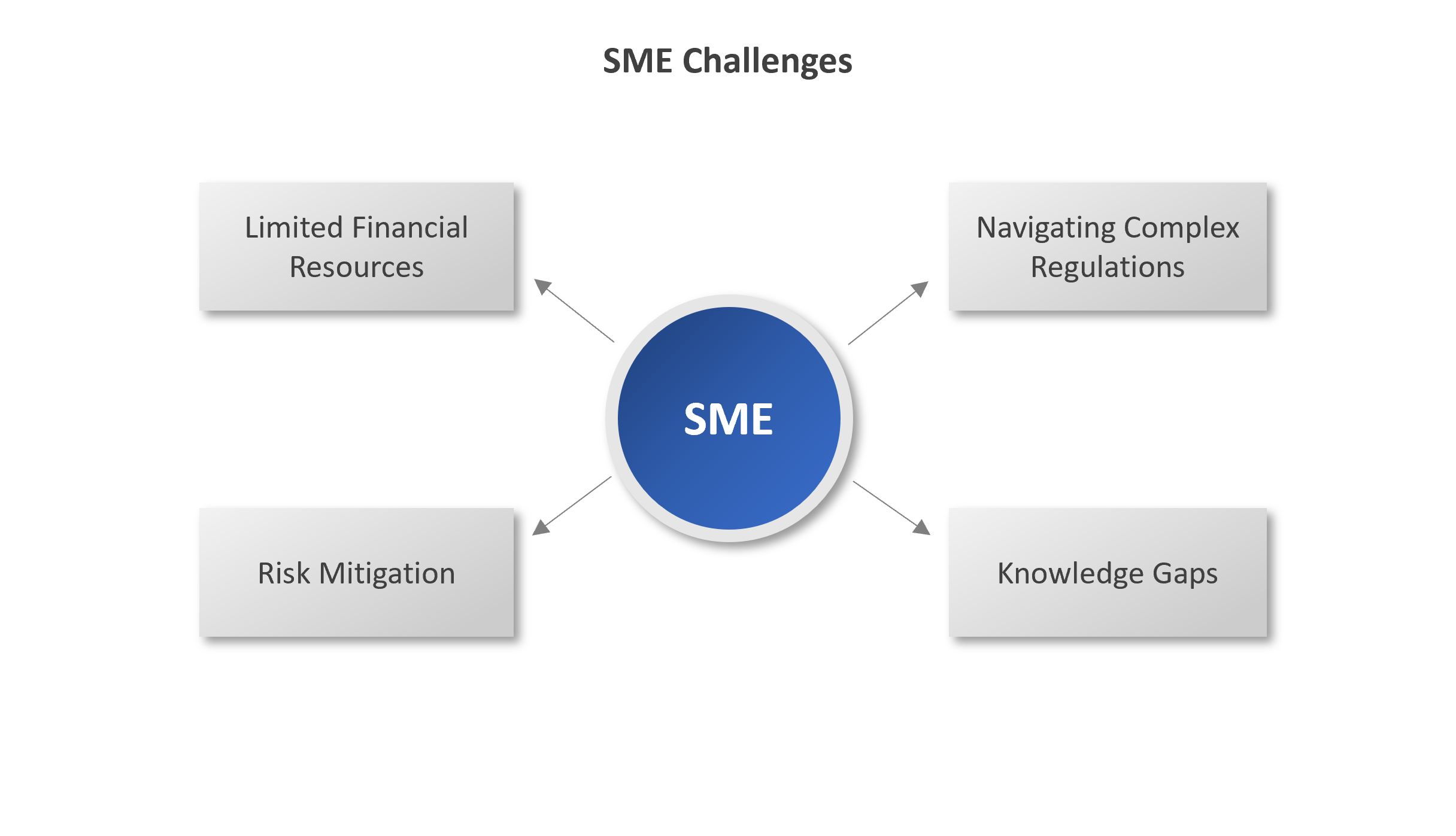Allianz Trade’s Trade Credit Insurance stands out in the market, especially when it comes to serving the needs of SMEs. Their offerings are uniquely tailored for businesses of varying sizes. For instance, for companies with an Annual Turnover of less than SGD 5 Million, Allianz Trade provides the Simplicity solution, ensuring that smaller enterprises can easily, quickly, and affordably mitigate their receivables risk. On the other hand, for larger SMEs with turnovers greater than SGD 5 Million, the Allianz Trade Credit Insurance solution offers a bespoke approach to cover both domestic and export markets' receivables.
In addition to the robust protection, Allianz Trade also understands the entrepreneurial spirit. They've designed their Trade Credit Insurance solutions not just as a safety net, but as a tool to enable businesses to confidently expand, make informed risk decisions, and stay ahead of competitors. With over 83 million businesses monitored, an AA rating by Standard & Poor’s, and serving more than 62,000 clients worldwide, Allianz Trade brings a blend of experience, dedication, and assurance to the table.
For SMEs looking to strike a balance between risk management and chasing growth opportunities, diving deeper into Allianz Trade’s Trade Credit Insurance solutions can be a game-changer. Don’t let concerns of bad debt or client insolvencies hold your business back.












-(1).jpeg)
